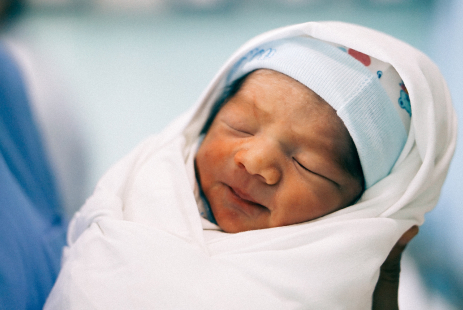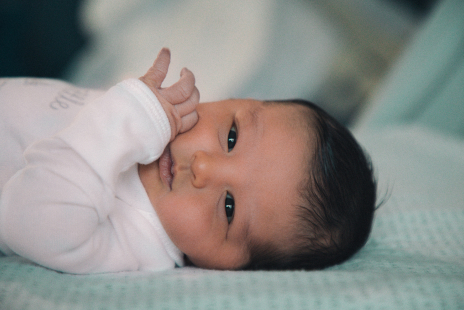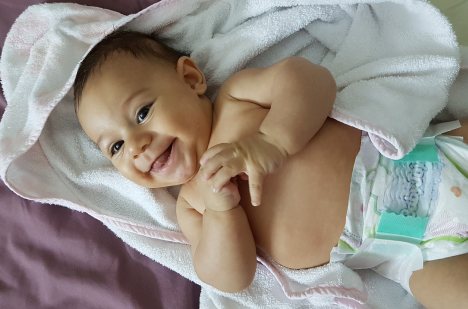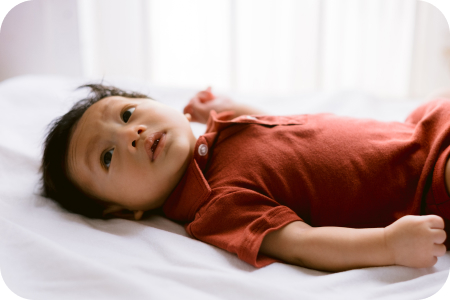Under the Republic Act 9709, or the Act Establishing a Universal Newborn Hearing Screening Program for the Prevention, Early Diagnosis and Intervention of Hearing Loss, Newborn Hearing
Screening Reference Center (NHSRC) was established.
NHSRC lets you see the things that cannot be heard by providing early hearing diagnosis and giving necessary intervention that can greatly impact your baby's communication and language development. In addition, we aim to strengthen newborn hearing screening policies, standards, guidelines and practices for a guaranteed quality service. We also provide training programs, pieces of literature, and facilities to ensure the fulfillment of our mission.



Otoacoustic Emissions (OAE) test or Automated Auditory Brainstem Response (AABR) test may be used as screening tests. These tests are fast to perform (5-10 minutes) and they have no known harmful effects. All are needed are a silent environment and calm quiet infant so that the earplug of the instrument will become fit. It is done is a quiet room or inside the room of the mother and child one day after an infant is born.
Additional testing or confirmatory hearing test is needed to find out why the infant failed the OAE or AABR test. This is also done to determine the cause of hearing loss. We recommend following the schedule:


No further confirmatory hearing test is need for the moment. However, it does not mean that the infant is not hard at hearing or may become hard at hearing while he/she is growing-up. The following milestones should be noted while the child is growing-up:




If there is doubt that a child is hard at hearing then consult a doctor immediately or go to the nearest Hearing Screening Center. A child diagnosed with hearing impairment at an early age might still have a chance to hear, speak, learn and live normally.